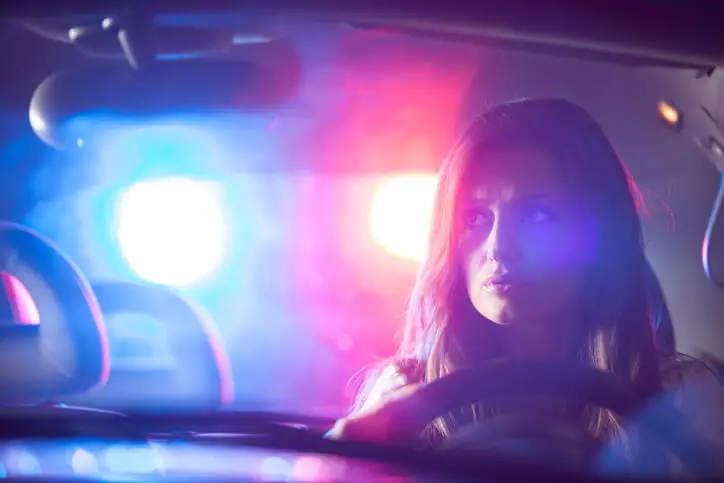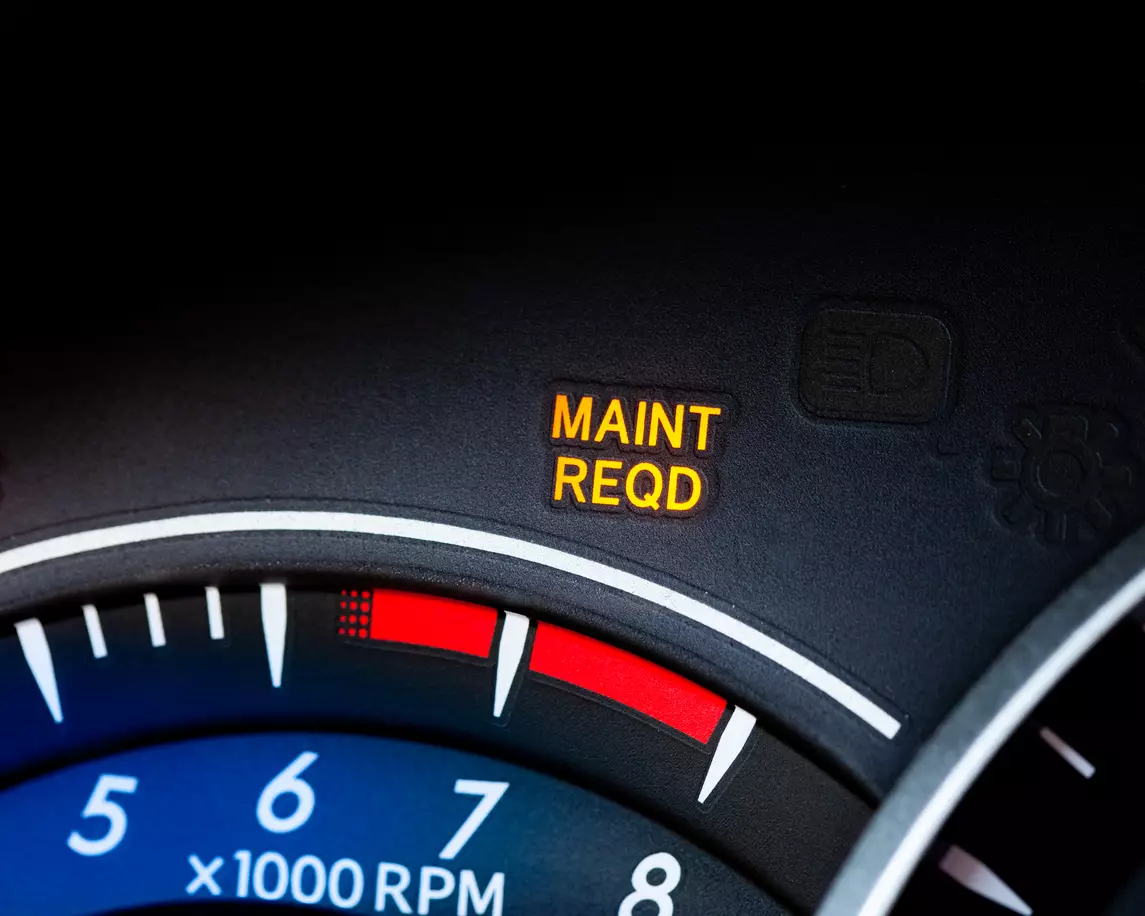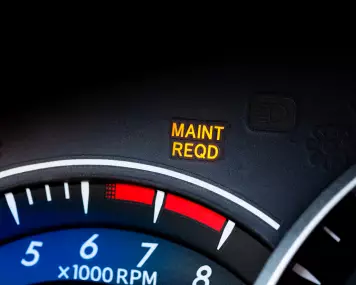No one likes getting pulled over by police, but it happens to most of us from time to time. However, the trick is knowing exactly what to do and what not to do so you don’t get into more trouble.
When You are Pulled Over by Police – The DOs
When you see blue flashing lights in your rearview mirror, pull over to the side of the road and park as soon as you can in a safe place. Be sure to use your turn signal and hazards. Follow all road rules as you pull over and park. Pull over as far to the right as possible so when the police officer approaches you, they will not be in danger of other traffic. Remain calm.
Turn off your engine and wait for the police officer to approach. Although the officer will ask for your driver’s license, registration, and sometimes proof of insurance, wait until they ask for it before rummaging through your glove compartment. They might think you are reaching for a weapon.
Roll down the window all the way and wait. If you are smoking or chewing gum, discard them immediately. Police may not immediately tell you why they pulled you over. They, however, must have probable cause before doing so. If the officer has a reasonable suspicion that you were speeding, they may ask you if you know what the speed limit it, you can say no. Speeding is a common traffic violation.
Place your hands on the steering wheel in plain view so the officer will feel at ease. If it’s dark, you can even turn on your overhead light. Approaching a vehicle can be very dangerous for a police officer as they don’t know who you are or what you are capable of. Make the scene as safe and comfortable as possible.
When police stop you, they are not allowed to search your vehicle without a search warrant, unless they see some contraband out in the open or you appear to be trying to conceal something. Act natural, and you do not have to agree to a search unless you have open containers visible or drugs.
You also have the right to video or take pictures of the entire traffic stop interaction as long as it does not interfere with the officer doing their job.
Always be respectful and answer with short answers. If they ask for your contact information, or phone number you can give it. Comply if they ask you to step out of the vehicle. If they suspect DUI, they may do a sobriety test on you. However, you have the right to refuse to take a breathalyzer test. Doing so may make you appear guilty, though.
Depending on state law, if you have a loaded weapon in the car, you must notify the police. Find out what the requirement is in your area.
Jot down or memorize the officer’s badge number and name. You may need it if your rights are violated somehow, and you need to file a complaint.
Remember, you can exercise your right to remain silent. You don’t actually have to say anything at all during the entire incident, that is your constitutional right. However, the police officer may become agitated or upset if you don’t respond, and he or she may arrest you.

When You are Pulled Over by Police - DON’Ts
When you see that a cop wants to pull you over by flashing their lights or siren, do not step on the gas and try to flee the scene. Even if you have done nothing wrong, you could be arrested and charged with avoiding an officer.
Do not bend down or reach for items while the officer approaches. They could perceive this as danger (you are reaching for a gun). Sit quietly and wait instead.
Do not apologize or admit to doing anything wrong. Even if you know you were speeding, just remain quiet as the officer speaks. Do not argue with them. You will have the chance to plead your case in court if you disagree. If you start fighting with an officer, they could arrest you.
Do not act hostile or defensive when the officer speaks. Make small movements when you reach for paperwork. Police are on edge, and any sudden movements might seem like you are reaching for a weapon.
Do not admit that you were not paying attention or anything else. The police could use any admission of guilt in the court hearing. Do not lie to the police either. The less the officer knows, the better.
Unless police catch you with open alcohol containers or drugs, do not agree to a search of your vehicle or person. They can legally perform a pat-down looking for weapons, however.
Never agree to a breathalyzer test. You can take the sobriety test on the side of the road if you want, but a positive result from a breathalyzer will mean you lose your license immediately.
If you are arrested, do not say anything except that you want to speak to your lawyer. If you are detained without being arrested, comply with the officer’s demands but remain silent until you can talk with your attorney.
Your Rights When Pulled Over by Police
Any police interactions may be stressful and unwanted. Remember, you do have rights, and you don’t want any escalation into a violent or aggressive situation where your freedom and liberty are at stake. The calmer you can remain, and if you can comply with police requests, you should get off with just a warning or a fine. You can always fight the ticket in court, and often citizens win if they have a compelling case or evidence of their innocence. Either way, it’s important to know your rights.With so much unrest between law enforcement and citizens, it’s essential to follow the rules and be as mindful of possible about the dangers of a volatile situation that could result in nothing more than a ticket, or it could land you in jail or worse.




















